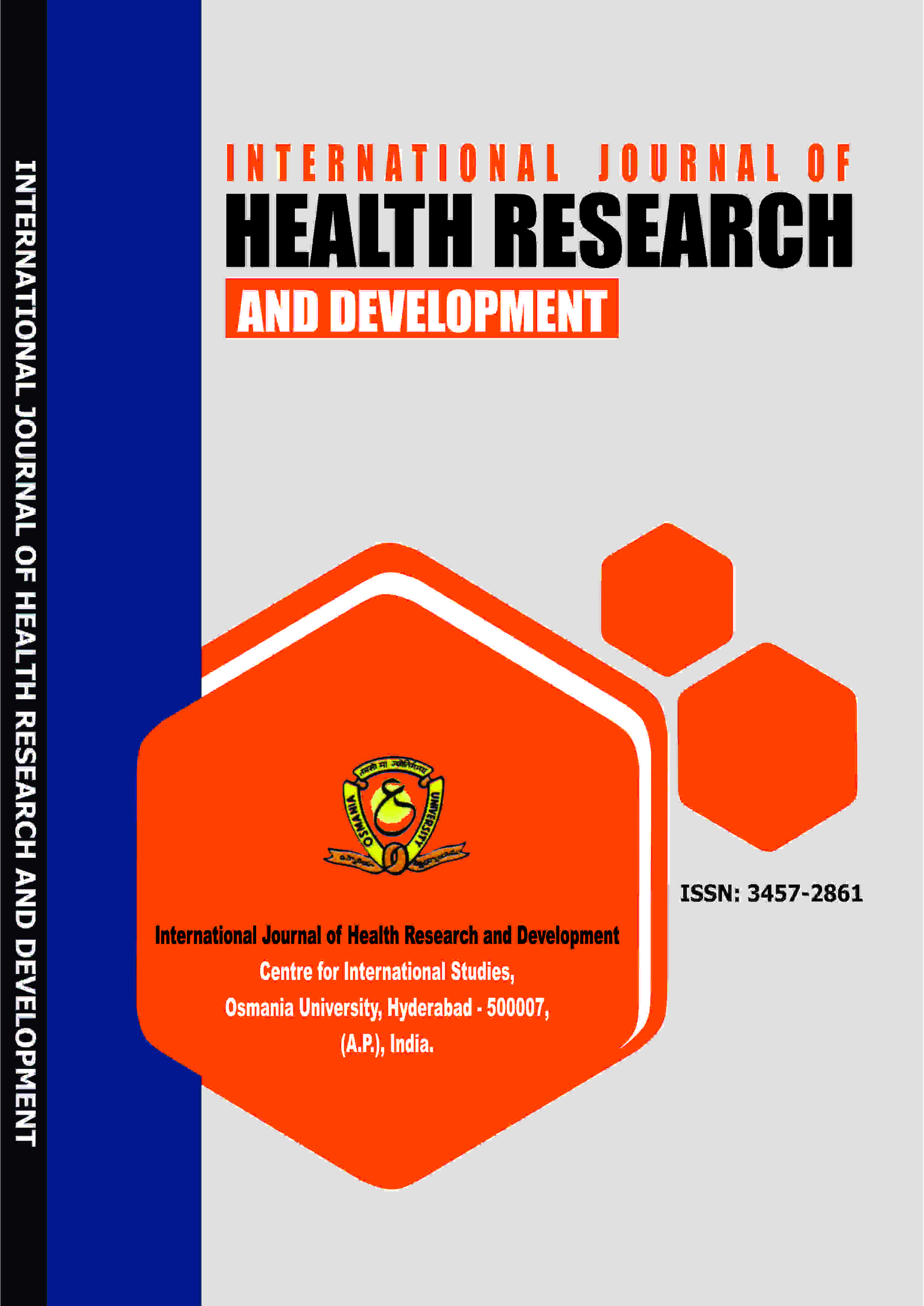INTERNATIONAL JOURNAL OF HEALTH RESEARCH AND DEVELOPMENT (IJHRD)
TESTING OF UV PROTECTION ACTIVITY, SPF DETERMINATION, AND IRRITATION ASSESSMENT OF COASTAL VEGETATION IPOMOEA PES-CAPRAE
E-ISSN: 2601-6400
P-ISSN: 2601-6397
DOI: https://iigdpublishers.com/article/689
Total solar radiation contains approximately 10% ultraviolet light. Ultraviolet rays have benefits such as providing warmth, light, and helping to synthesise vitamin D3. However, ultraviolet rays can also have negative impacts on the skin such as browning, hyperpigmentation, erythema, and premature ageing. Natural sunscreens with high SPF are useful in reducing the negative effects of ultraviolet rays. This study aims to determine anti-UV activity, SPF value, and assessment of human skin irritation or allergy to sunscreen cream from Ipomoea pes-caprae leaves. AntiUV activity test and SPF value determination were carried out in vitro using UV-Vis Spectrophotometry. Irritation testing was conducted using the patch test method for 6 hours. The results showed that Ipomoea pes-caprae has anti-UV-A and anti-UV-B activities. Ipomoea pes-caprae leaf extract provides extra protection at a concentration of 2000 ppm. The irritation test of the cream on human skin found no skin abnormalities such as edema, urticaria, irritation and edema.
Easter C.H. Situmorang & Robert A. Bara
Amnuaikit, T., & Boonme, P. (2013). Formulation and characterization of sunscreen creams with synergistic efficacy on SPF by combination of UV filters. Journal of Applied Pharmaceutical Science, 3(8), 1– 5. doi:10.7324/JAPS.2013.3801
Andayani, D., & Nugrahani, R. (2018). Skrining fitokimia dan aktivitas antioksidan ekstrak etanol daun katang-katang (Ipomoea Pescaprae. L) dari Pulau Lombok Nusa Tenggara Barat. JPSCR : Journal of Pharmaceutical Science and Clinical Research, 3(2), 76–83. doi:10.20961/jpscr.v3i2.21924
Anessa. (2021, May 27). Apa itu SPF 50 dan PA++++ dalam sunscreen? cek di sini! Retrieved 21 August 2023, from https://www.anessa.id/for-you/apa-ituspf
Bonina, F., Lanza, M., Montenegro, L., Puglisi, C., Tomaino, A., Trombetta, D., … Saija, A. (1996). Flavonoids as potential protective agents against photooxidative skin damage. International Journal of Pharmaceutics, 145(1–2), 87– 94.
Botham, P. A., Earl, L. K., Fentem, J. H., Roguet, R., & van de Sandt, J. J. M. (1998). Alternative methods for skin irritation testing: the current status: ECVAM skin irritation task force report 1. Alternatives to Laboratory Animals, 26(2), 195–211. doi:10.1177/026119299802600205
